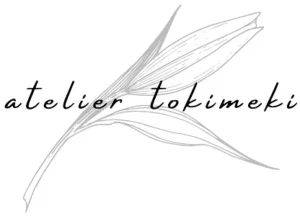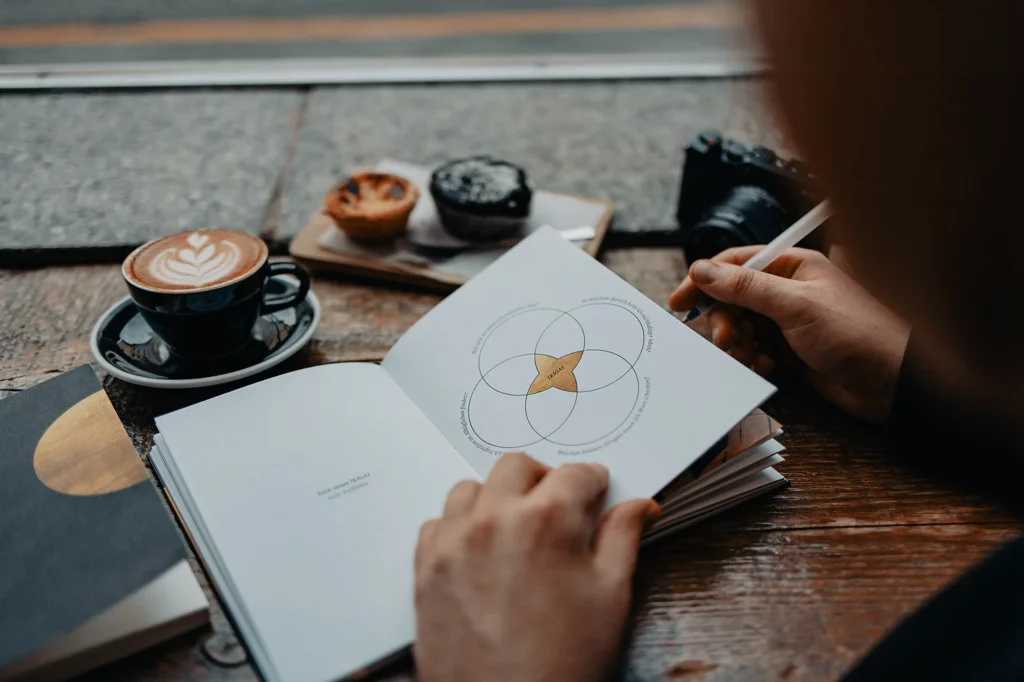Have you ever heard ofikigai (生き甲斐) ?
Most people outside of Japan know about theikigai in the form of a Venn diagram used to define one's purpose. The four overlapping circles represent what you love / what the world needs / what you are good at / what you can be paid for.
But this is a misinterpretation of the concept as it is known in Japan. The word is composed of 生き (iki) which means life and 甲斐 (kai / gai) which denotes value. For those who love etymology, “kai” comes from the word 貝 (also pronounced “kai”) or shell, because shells had great value during the Heian period (794 to 1185).
Theikigai is found in every aspect of life. It doesn’t necessarily have the grandeur attributed to it in its Western version and is certainly not limited to the professional realm (“what you are paid for”). It’s the small daily pleasures that are meaningful to us, that motivate us to get up every morning. Taking care of a pet, observing the changing seasons in one’s garden, having tea with friends… Moreover, the Japanese do not seek their ikigai. It’s more something that one discovers and appreciates, especially as one gets older.
I was fortunate to find one of my ikigai — because you can have several — by chance. I read Marie Kondo’s book to practice my Japanese. Inspired and motivated, I tidied up my apartment in the weeks that followed. But that wasn’t enough for me. Even though I had a full-time job at an international organisation, I found myself only talking about tidying and encouraging everyone around me to try it. A few years later, I embraced this passion and started my career as a Japanese- tidying consultant!
Fill your daily life with passion
When sorting our belongings, we choose what to keep based on the famous "spark joy" criterion and declutter the rest, leading us towards a space and a daily life filled with joy.
To this, I would add thatone should be passionate about everything they own. For example, I'm a huge fan of my backpack. Whenever someone comments on it, I turn into a brand ambassador (even though I don’t receive any commission). The same goes for my water bottle; there was even a security agent at Geneva Airport who noted the brand to buy one for his daughter.
Every object wants to serve its owner, hence the idea of treating them with gratitude. But even more powerful is to treat them with love.
Remember that everything we wear, use, and are surrounded by is chosen by us. So why not choose only things that brighten our day?

